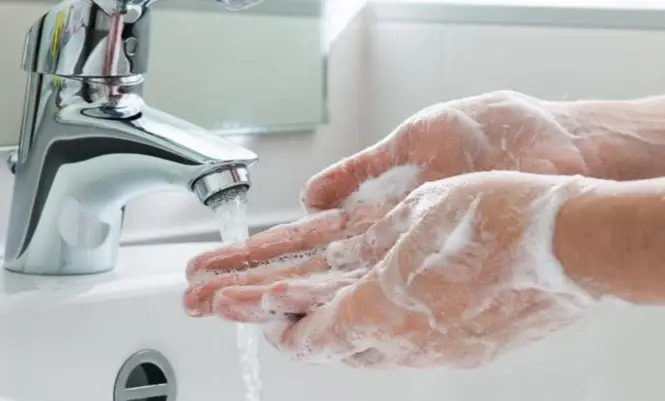
Contrary to common sense, mounting evidence suggests that antibacterial soaps pose more of a threat to public health than a good.
While the value of killing the billions-strong bacteria colonies that exist on the skin may seem obvious, researchers have found that a number of compounds in antibacterial hand soaps—primarily triclosan and triclocarban—are contributing to everything from the creation of antibiotic-resistant superbugs to the alteration of gut microbiomes.
And as for those supposed benefits? Research also suggests they don’t exist.
While there are some applications for triclosan and triclocarbon—for instance, they do very well for pre-surgery hand-washing—their benefits for lay users are minor, especially when compared to washes done with soaps free of the compounds.
The slow-drum beat of the risk posed by these soaps hasn’t gone unheard by government officials. The US Food and Drug Administration (USDA) has requested antibacterial soap manufacturers to submit data empirically displaying the superiority of their product to their non-antibacterial competitors. If the data fails to pass muster, the 5.5 billion dollar soap industry may be compelled to ditch the compounds as a whole.
Anxieties over triclosan have been mounting over the past decade. The antimicrobial is widely used in cosmetics and hygiene products, and it regularly shows up in the bodies of these products’ users. Studies conducted by Blaise Boles, a microbiologist at the University of Michigan at Ann Arbor, have found a link between the presence of triclosan and an increased risk of staph infection in rats.
Triclosan was also found to transfer from generation to generation, altering gut microbiomes along the way. While the data has showed dramatic changes in microbiomes, a clear link to disease resulting from the changes has not been successfully established. Still, other work on rapid alterations in the gut has clearly suggested an increased risk of intestinal infection resulting from microbiome change.
In addition to their potential risk to human health, both triclocarban and triclosan have also recently been linked to environmental harm. Researchers discovered accumulations of the chemicals in urban wastewater, linking triclosan to damage to the bacterial communities responsible for breaking down sewage. The compound also led to a spike in the presence of the gene mexB in the sewage microbes, which has been linked to the rise of antibiotic-resistance.
While the environmental risk seems distinct from the health risk of antibacterial soaps, the mexB-strong sewage microbes can leak into public waterways, and potentially back into people.
As the gears of government and the soap manufacturers grind towards more control of triclocarban and triclosan-rich soaps, experts expect consumers to play a role in altering the industry’s behavior. If the popularity of these risky products takes a dip as a result of their use of these compounds, the industry’s bound to take notice.
[Ars Technica] Featured image: livestrong.com





Leave a Reply